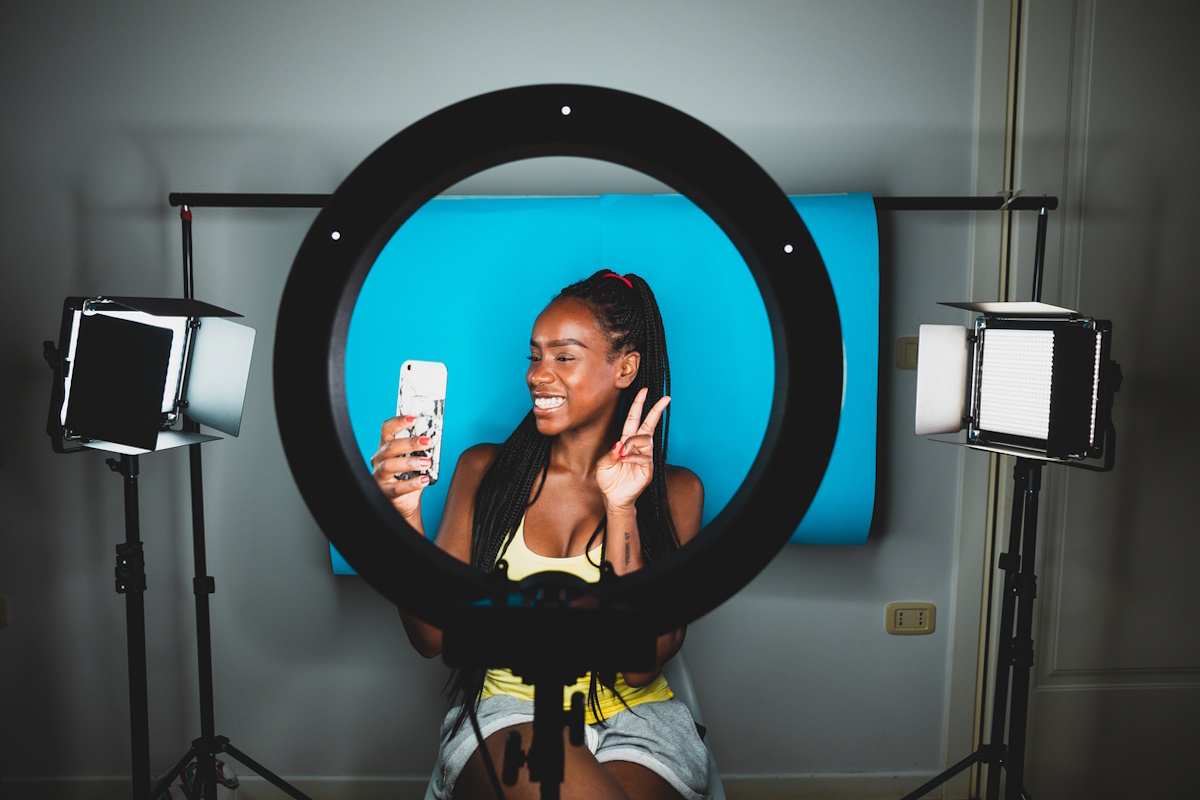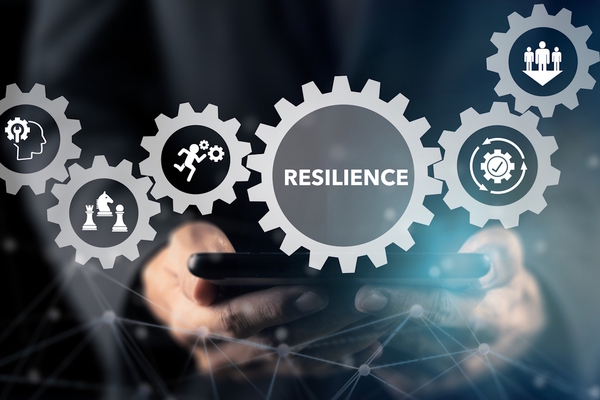Marketing: walk the talk

Influencers are getting out of the spare room – and into the boardroom. Josh Yentob at Miroma Ventures explains why the next generation of influencers aren’t just promoting the product, they are the product
‘Influencers’ and the influence they wield are evolving. The last decade has seen several variations on the influencing theme – from pseudo-subtle “oh this thing, oh it’s my fave” to unboxing and hauls, to growing regulation to make sure that viewers know these social media stars are being paid to rave about brands.
Today influencers are moving away from being proverbial billboards for brands to use, instead becoming creators in their own right. They are developing engaged and growing audiences by authentically communicating, living vulnerably, and creating personal, original content for their community to engage with.
They are no longer just promoting products, they are the product. And now they want a brand relationship that works both ways. Not only do they want to make it financially beneficial to promote brands to their followers, they want relationships that enhance their relationship with followers, help them garner even more and monetise them into the bargain.
We’ve already seen ‘creators’ and, increasingly, celebrities parlaying this brand/follower relationship into a business enterprise. Kim Kardashian and Skims is a classic example where both the influencer and the product are inextricably linked, each delivering new devotees to the other. Gwyneth Paltrow’s Goop is another, and one where the brand partnership in recent years has looked set to eclipse her film career.
Most recently, we’ve seen hype that can very much be believed in the partnership between Logan Paul and KSI. Originally prank-based and gaming YouTubers respectively, they have evolved into mainstream entertainers via boxing and the odd controversy. Their fame and their excitable, largely teen and young adult fan base created ‘prime’ conditions for the launch of their energy drink joint venture…Prime Hydration.
Paul claimed in February 2023 that the drink had made $250m in retail sales alone, and by April 2023 was ranked sixth in sports drink sales in the US.
The straightforward promotional models still exist but both brands and influencers are looking for more sustainable and, importantly, authentic ways to garner loyal followings. It’s not enough just to be the face of a company, it’s time to be a functioning part of it. And this is spawning yet another sector of third-party businesses whose sole purpose is to tap into precise influencer audiences and grow even tighter-knit communities.
Take Dharma, for example. An influencer-led travel business that works with personalities (like footballer Eric Cantona) and brands (like Netflix) to organize travel experiences, based on their followers’ ideal trip.
From data they gather, they can then curate a trip around the influencer, with Dharma taking care of all hospitality and travel arrangements. The influencer’s role is to program the experience in line with the experience they want to deliver to their audience. The revenue is then shared between Dharma and the influencer. This is a more direct way to create new revenue streams as well as monetising the audience with a product they would value highly.
A similar proposition is NYK or ‘Now You Know’. A learning platform that tracks what people are interested in learning about online, it finds topics and marries them with an influencer that might be the right figure to lead an online course. This connects the influencers with an audience that can then help monetise their skillset.
Whether courses, travel, products like Skims or marketplaces like Goop, the principle remains the same. The relationship between influencer and brand goes much deeper than simple promotion.
Often, influencers end up as co-founders of these sorts of businesses. Model Gigi Hadid is heavily involved in the Guest In Residence cashmere company, helping to design garments, overseeing the collections.
The key words here are ‘authentic partnerships’. There aren’t many risk-limiting factors in this world when you launch a business. An authentic influencer attachment who doesn’t just advocate for the brand but lends it their name and gets involved is one of those risk-limiting factors.
But authenticity is vital – their audience knows these influencers inside out. Their bullshit detectors are finely tuned.
Influencers know they have to find authentic ways of connecting with their audience and building their brands, and brand marketers too must realise that there’s more than money changing hands in these types of partnerships.
Exploring mutually beneficial ideas, creative approaches to using both parties’ unique intellectual property and making sure everyone has a stake in its success is the lay of the land in the new influencer landscape.
Josh Yentob is Ventures Director at Miroma Ventures
Main image courtesy of iStockPhoto.com

Business Reporter Team
Related Articles
Most Viewed
Winston House, 3rd Floor, Units 306-309, 2-4 Dollis Park, London, N3 1HF
23-29 Hendon Lane, London, N3 1RT
020 8349 4363
© 2025, Lyonsdown Limited. Business Reporter® is a registered trademark of Lyonsdown Ltd. VAT registration number: 830519543





